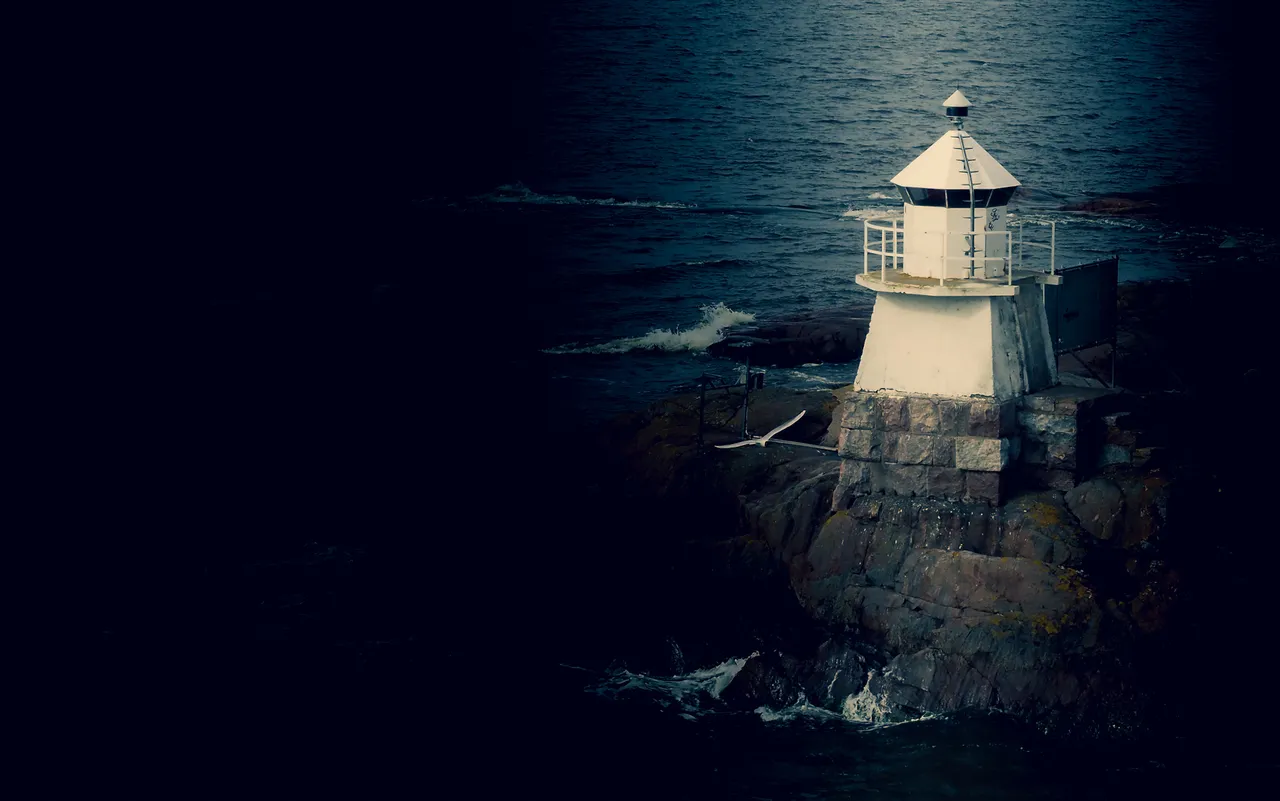Do you want the government to have stake in your house?
That is something that is being proposed again in Australia in the leadup to the national election by the opposition, where the government would take up to a 40% stake in the house for those struggling to get into the market.
What do you think this does to prices?
This is another money grab. It will drive the prices of homes further up and use taxpayer money to do so, but eventually, the money runs dry and the houses drop in value again - leaving the 40% the tax payers paid, worth far less than they bought the stake for.
Is there no end to the stupidity?
Not really -this is what governments tend to do - they make promises that on the surface make sense, but essentially kick the can down the road far enough that by the time it is realized it is nonsensical, it no longer matters that it was their idea.

Housing prices are a problem because real estate is an investment. Yes, if I buy a house I am glad it goes up in value, but for the most part, houses don't have a very good ROI if it is a lived-in home, as once maintenance, interest payments on mortgage and inflation are factored in, it is more of a "store of value" factor. The investment return is that it isn't rent money down the drain, which is gone for good.
But, because there is a rental market, housing in general is a decent investment when it is a rented out property, because the rent covers the mortgage components (generally) and that means someone else is paying it off for the owner, whilst not getting any investment benefit themselves directly.
But, because of the way the economy works and how some people are able to work the economy, other investments are able to drive wealth generation and then, it is possible to convert the gains into other assets that offer an ROI, like rental properties. This means that the person may not even need the initial mortgage on the property and instead, just have the land tax and maintenance to take care of, so the rental gains are nearly all liquid. This liquidity can then run the investment gauntlet again.
For those who don't own property and aren't getting the "free money" of investment returns, they are going to have to buy their house from someone who is looking to make a profit. If a private owner living in it, they want to cover their initial investment, maintenance and upgrade costs as well as the inflation in order to get into another property. If buying from an investor, they are going to want it to be worth it, in relation to what that property can earn rented. Either way, it is likely to be more.
At face value, the problem appears to be that housing is too expensive and salaries too low, which is true, but why this is the case is what matters. Housing is expensive because of the investment status of it and salaries are too low because of the drive for profit maximization of business.
However, the real problem is that the average person doesn't have adequate investment ownership, meaning that they aren't broadly invested enough in assets that provide an ROI alongside their salaries. If they were, they would be able to afford housing and not rent, but of course, this drives the price of housing up too, doesn't it? But, what is the cap on how much housing a person can own, what is a fair ROI on it?
Let the market decide?
Sure, but that is not what is happening either, as there really is no such thing as a free market in this economy or life, because legislation is going to affect possibility. If there was a "trade as you want" scenario, things would look quite different to the engineering that governments enact to "protect" us from ourselves.
We just can't be trusted to act for ourselves.
Perhaps this is actually true, but I wonder what the world would look like if we were in a free market system - would there be the level of handouts happening? Would there be people long-term unemployed? Or, would "survival of the fittest" rule us? I think it would be a very painful exercise, but would we end up stronger on the other side? Probably - but that is not the way society works - well, not directly anyway.
Just look at the last couple years and note that for the first time in history, the protection of the elderly came before the protection of the young. The repercussions of the decisions made in the last two years are going to be far-reaching and profound, but that can seems to be successfully kicked far enough down the road, that when we connect the dots, those who made the decisions will no longer be liable - they will be dead from old age. But, the kids of today will still be alive to feel the effects.
Say what you want about boomers, but they are very good at extracting all they can for themselves, not caring about what is going to be left after they are dead and buried. Just look at the movement on the environment over the last decades - and follow where the money for it has gone.
Essentially, every time a government says they are doing something to "help the poor" I assume that the eventual outcome will be that it will come at the expense of the people just up from them and it will generate additional profits for the pointy end of the 1 percent. Am I too skeptical?
I don't think so.
But you might disagree.
Taraz
[ Gen1: Hive ]
